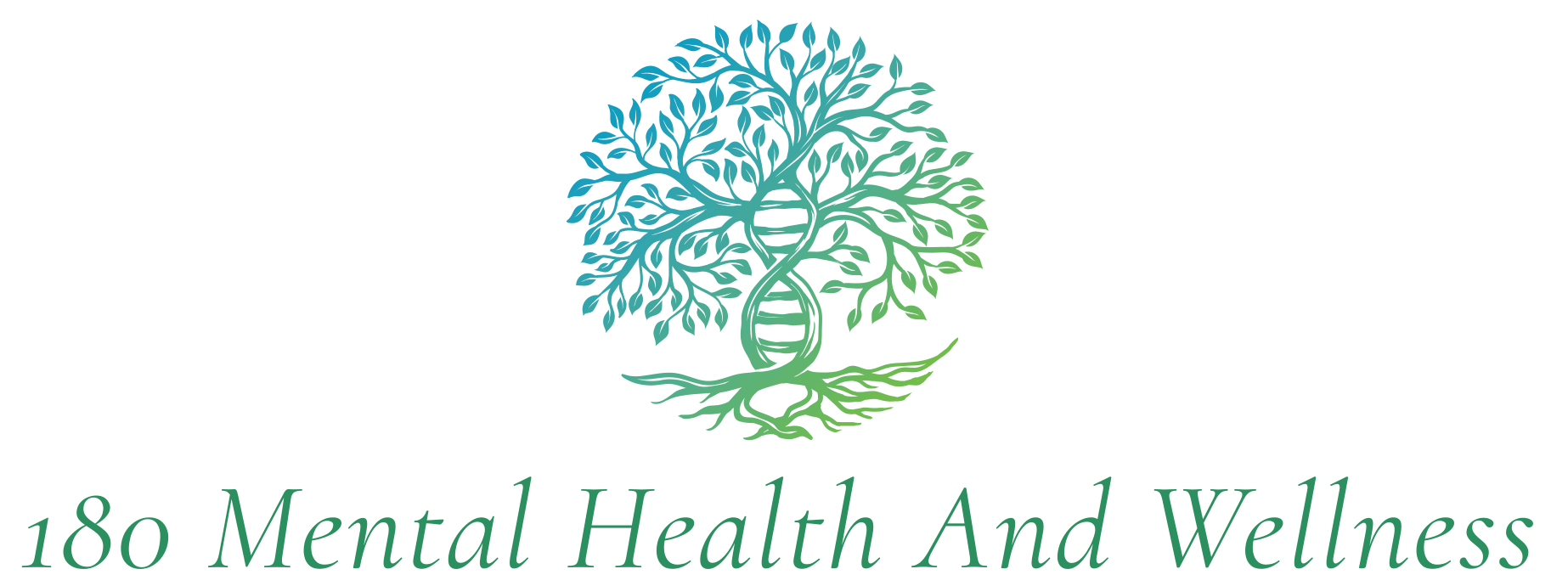Depression is a mental health condition that causes persistent feelings of overwhelming sadness. This state of mind is not something you can snap out of, and it can have an effect on every part of your life, from your work to your relationships.
It is important to understand the symptoms of depression in order to recognize and address the condition. In this article, we are going to talk about depression symptoms and how to recognize them. We will also share where you can get treatment for depression in your area.
Understanding Depression
Depression is also known as clinical depression or major depressive disorder. It is defined by a pervasive feeling of sadness that affects your thoughts and behaviors. Depression can make it difficult for individuals to function normally in daily life.
The brain of the individual with depression undergoes various changes in structure. Research conducted by the National Institutes of Health has revealed that individuals with depression may experience a loss of gray matter volume (GMV) in the brain. This loss occurs as certain regions of the brain shrink, attributed to the hormone cortisol hindering the growth of brain cells.
Gray matter is a vital component of the brain responsible for various functions related to:
- Cognitive function related to memory and attention
- Information processing
- Decision-making and judgment
- Emotion and mood regulation
- The brain’s reward circuitry and ability to experience pleasure
- Social cognition, or how one perceives oneself and others
The reduction in gray matter volume and what that is associated with stresses the importance of treatment for this serious mental illness. Depression, while common, is not a normal part of life.
Recognizing Depression Symptoms
Depression manifests differently in each individual, but there are common symptoms that can indicate the presence of this condition. It is important to note that experiencing one or two of these symptoms does not necessarily mean that someone has depression.
A professional diagnosis from a mental health professional is essential. Here are some key symptoms of depression to be aware of:
- Persistent Sadness and Hopelessness – Feelings of intense sadness, hopelessness, or emptiness that persist for extended periods of time may be indicative of depression.
- Loss of Interest – A significant decrease in interest or pleasure in activities that were once enjoyed is a common symptom of depression. Hobbies and socializing may lose their appeal or become burdensome.
- Fatigue and Loss of Energy – Depression often manifests physically, leading to persistent fatigue and a lack of energy. Individuals may feel constantly drained, making even simple tasks seem insurmountable.
- Disturbed Sleep Patterns – Insomnia or excessive sleep can be symptomatic of depression. Individuals may struggle to fall asleep, experience fitful sleep, or find themselves sleeping excessively but still feeling tired.
- Changes in Appetite and Weight – Depression can affect appetite and eating habits, leading to significant changes in weight. Some individuals may experience increased food cravings and weight gain, while others may have a decreased appetite and weight loss.
- Difficulty Concentrating – Depression can impair cognitive function, making it challenging to concentrate or remember things. Individuals may feel mentally foggy or find it hard to focus on tasks.
- Feelings of Guilt or Worthlessness – Depressed individuals often experience a sense of excessive guilt or worthlessness, regardless of their actual accomplishments or actions. They may criticize themselves harshly and believe they are a burden to others.
- Thoughts of Death or Suicide – In severe cases of depression, individuals may have recurrent thoughts of death or suicide. It is crucial to take any mention or indication of suicide seriously and seek immediate professional help.
Seek Professional Help: Psychiatry, Psychotherapy, and Mental Health Therapists
Recognizing the symptoms of depression is an essential first step, but seeking professional help is equally important. Psychiatrists, psychotherapists, and mental health therapists are trained experts who can provide guidance, support, and evidence-based treatments for depression.
Here are some options to consider:
Psychiatry
Psychiatrists are medical doctors specializing in mental health. They can diagnose depression, prescribe medication if necessary, and provide comprehensive treatment plans tailored to an individual’s needs. Consulting a psychiatrist can be particularly beneficial for individuals with severe or treatment-resistant depression.
Psychotherapy
Psychotherapy, also known as talk therapy, is an effective treatment option for depression. Different approaches, such as cognitive-behavioral therapy (CBT) or client-centered psychotherapy, can help individuals develop coping mechanisms, challenge negative thought patterns, and cultivate healthier behaviors.
Mental Health Therapists
Mental health therapists, including psychologists and licensed counselors, offer support and counseling to individuals with depression. They can help individuals develop coping strategies and provide a safe space for emotional expression.
Depression Treatment Near Me
If you or a loved one is exhibiting symptoms of depression, consult one of our mental health professionals at 180 Mental Health and Wellness. We make it easy and convenient for you to access mental health services and offer the option – for the right patient – of seeing a virtual psychiatrist. For any questions or to schedule an appointment, call us today at (480) 863-5250 or use our online request form to schedule a visit.

